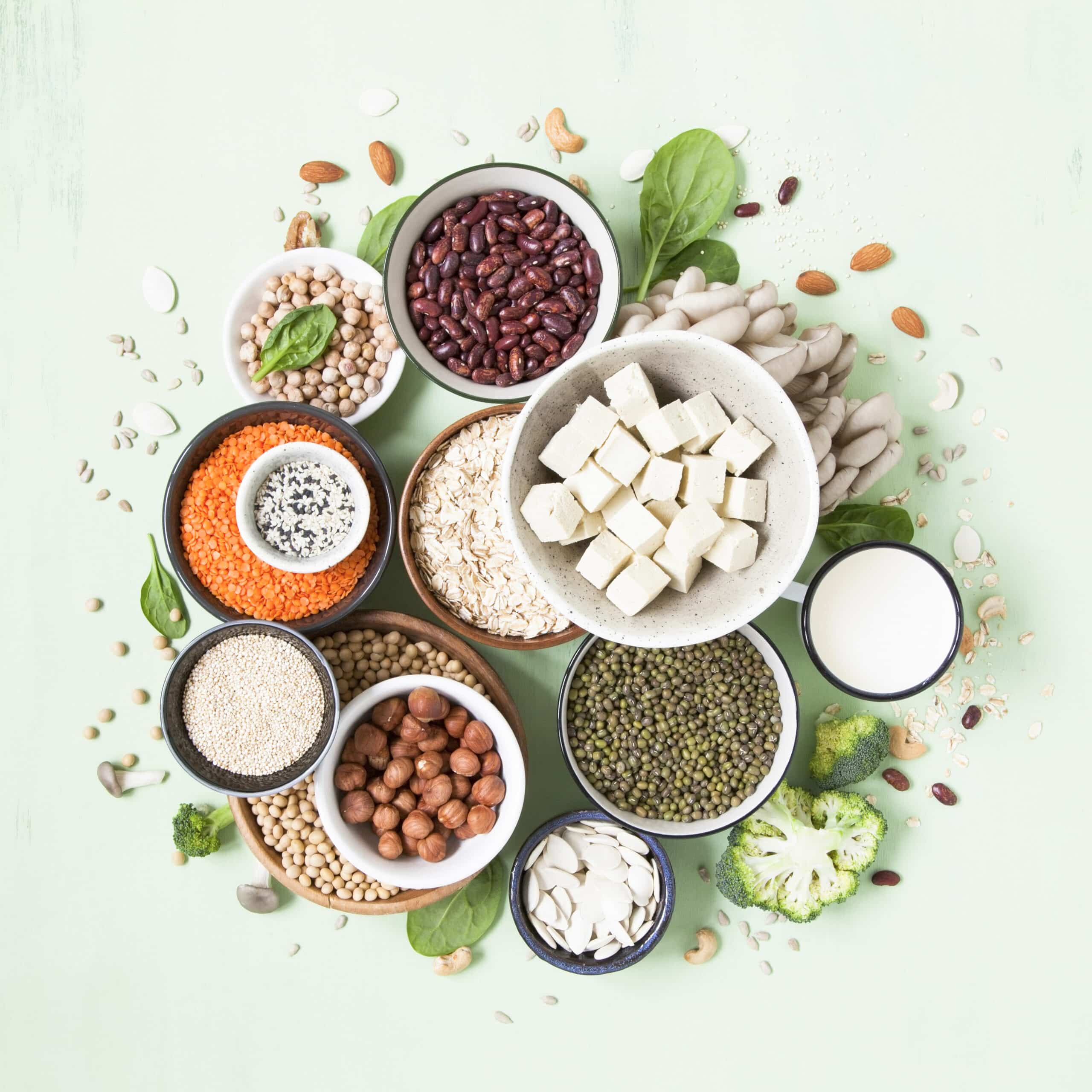According to the researchers, middle aged adults who consume miso paste regularly may have been adding years to their life; those who ate fermented soy products such as natto and miso were found to be 10% less likely to have an early death. It was noted that other general soy products such as tofu did not have an beneficial effect on mortality.
Miso is basically fermented beans, and this is a paste that is typically added to soups, salad dressings, and suchi; while natto is fermented soybeans which are sticky and stringy. While these products are gaining popularity in recent years they have been used in Asian cultures since ancient times.
In Japan people often begin their day with a hot bowl of miso soup to help kick start their digestion. In Japan people tend to live up to 84 years in comparison to 81 years in the UK and 78 years in America.
Data was collected on 50,165 women and 42,759 men between the ages of 45-74 from a study based in 11 of Japan’s public health centre area to investigate links between several types of soy products and all cause mortality including injury, respiratory disease, cardiovascular disease, and cancer. Participants answered detailed questionnaires regarding eating habits, lifestyle and health status/history; and deaths were identified from registries and death certificates over a follow up period of close to 15 years.
Higher intake of fermented soy was linked to lower risk of all cause mortality by 10%, while total soy intake including products such as okara, soy milk, and tofu had no beneficial impact on mortality. Those who consumed natto also had a lower risk of death from cardiovascular disease, and no links were found between soy intake and cancer related deaths. Findings remained even after adjusting for intake of vegetables which was higher among those who consumed larger portions of natto.
Fermented soy products were noted to be high in potassium, fibre, and bioactive compounds such as isoflavones which are all very beneficial to health. Fibre, for instance has been shown to help with digestion, reduce cholesterol, and keep weight stable while isoflavone compound may help to reduce blood pressure. Additional research may help to identify the exact mechanisms on the body.
“Increasing evidence has suggested that fermented soy products are associated with health benefits. Whether people eat those products depends on their food culture, but some countries already include soy and fermented soy products in their dietary guidelines,” said Kayo Kurotani and Hidemi Takimoto, of National Institutes of Biomedical Innovation, Health and Nutrition, Tokyo.
Due to the nature of observational studies it is not able to establish cause, and the possibility can’t be ruled out of other risks and unmeasured factors affecting the results such as miso soup previously contained a high amount of salt before salt reduction measure came into place, and fermented misco may be protecting those in the study from the health risks of salt.
Traditionally fermented vegetables are a fantastic source of natural probiotics that favor digestive health and help to digest/absorb nutrients from the food we eat. Japanese people are known to live long and healthy lives, experts believe it may be due to their immaculate traditional diets consisting largely of fish, seaweed, matcha tea, and pickled vegetables.




